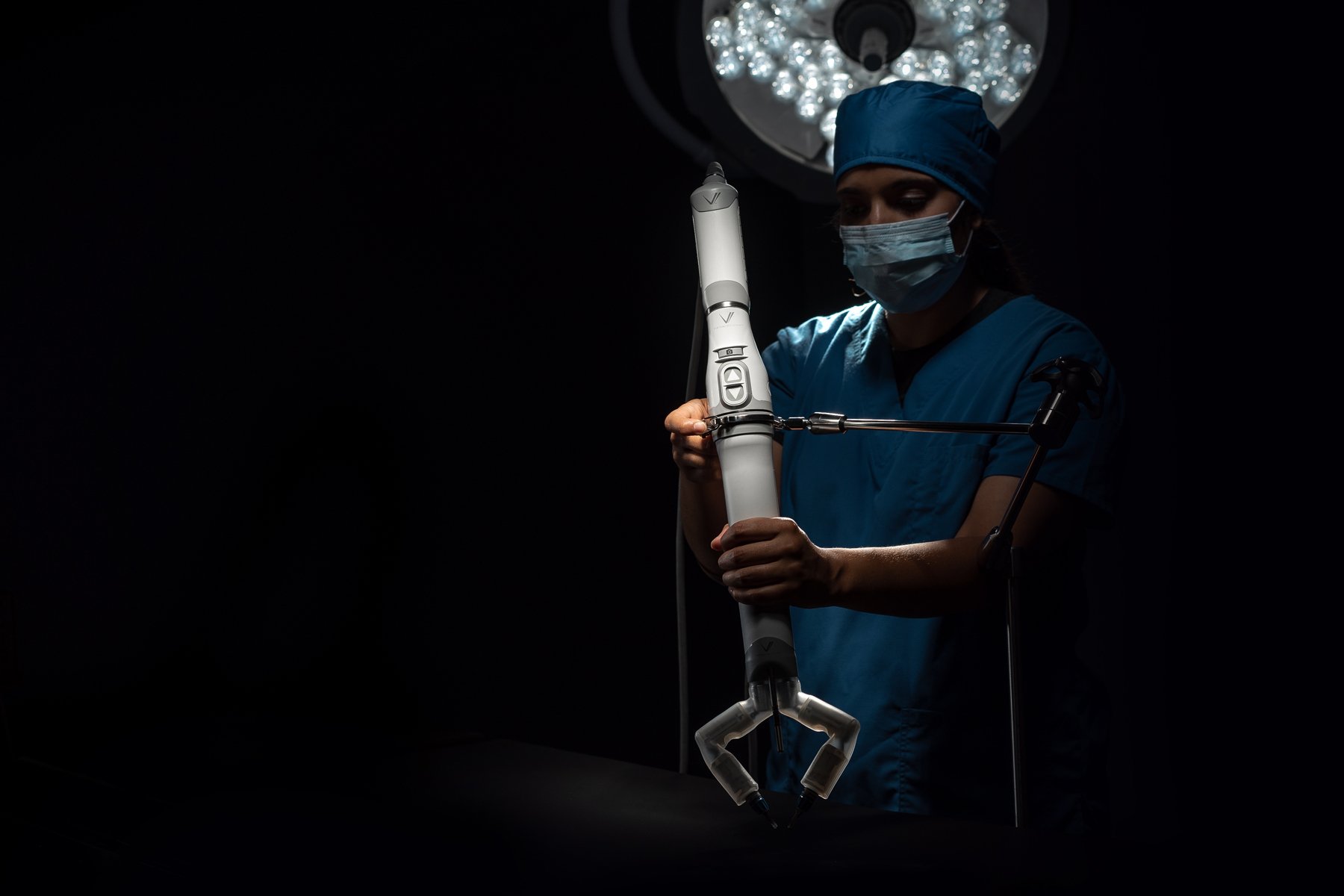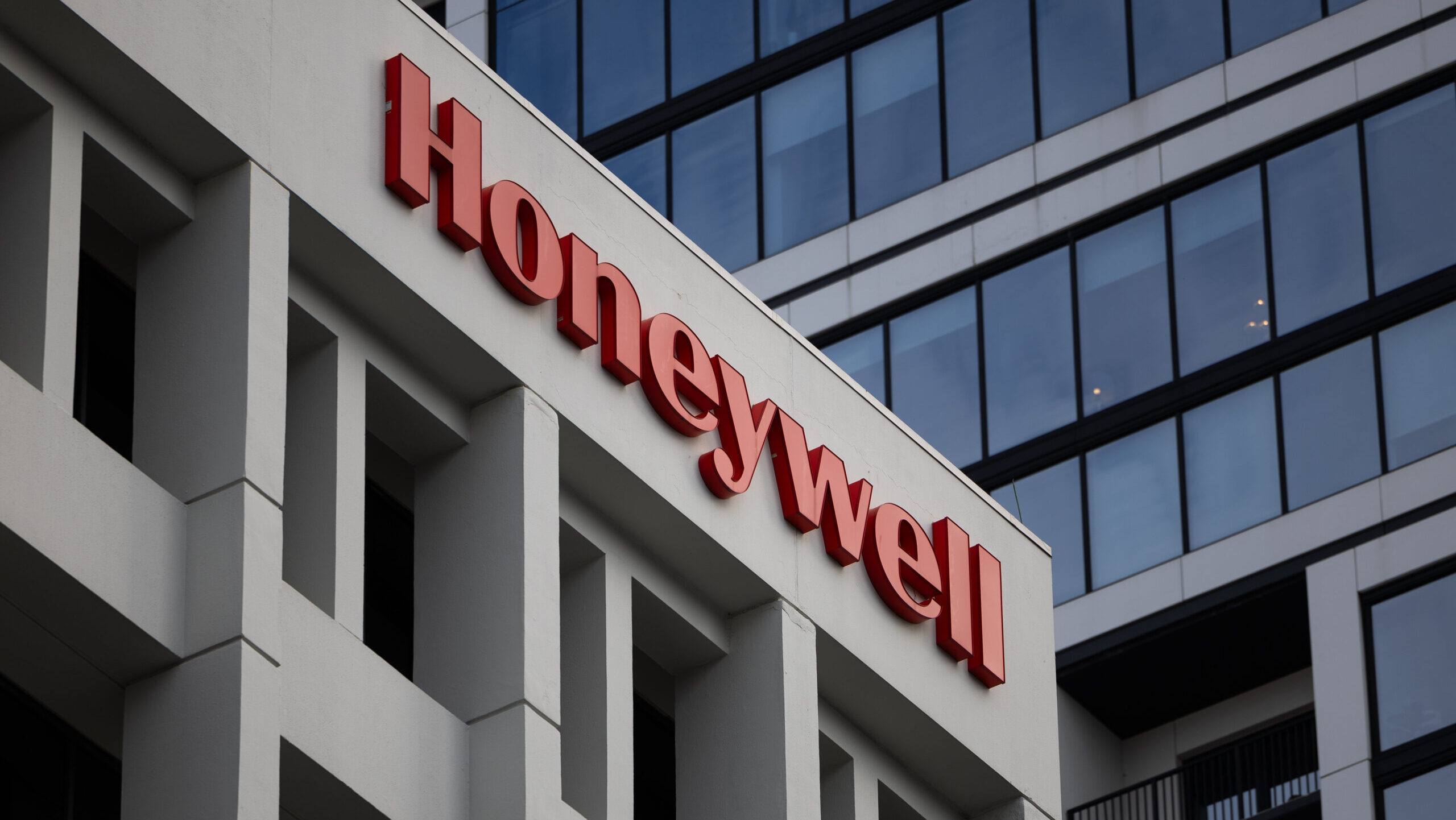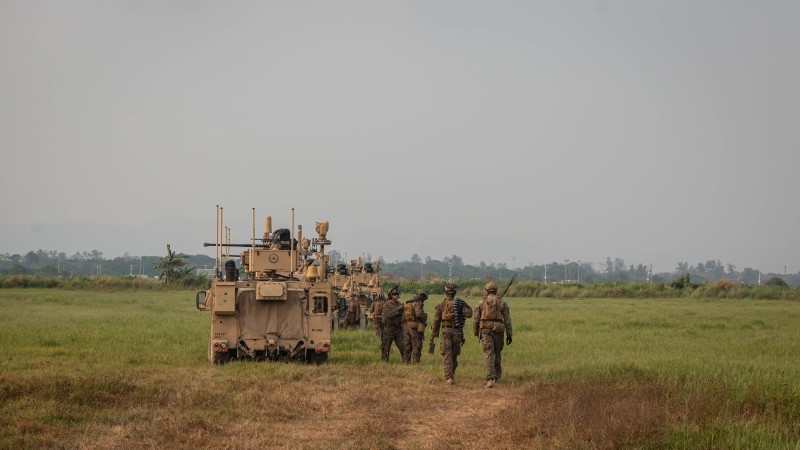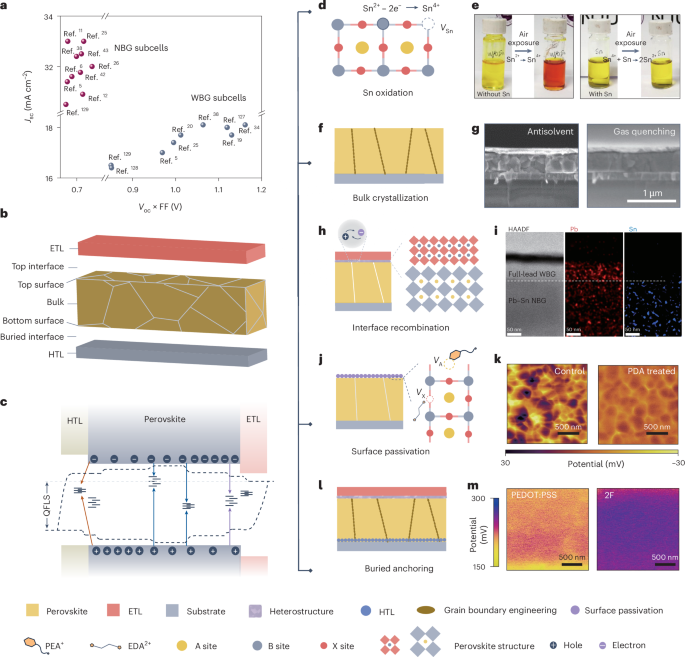Pentagon AI office, Army award Ask Sage $10M for GenAI expansion
The contract expands the Army’s “Enterprise Large Language Model Workspace” — just introduced in May — to users at OSD, the Joint Staff, and combatant commands worldwide.


Members of both Army and Air National Guard participate in training during exercise Cyber Shield 2025 in Virginia Beach, Virginia, June 5, 2025. (U.S. Army photo by Staff Sgt. Jasmine McCarthy)
WASHINGTON — Pentagon officials are so enthusiastic about the Army’s month-old generative artificial intelligence toolkit that Chief Digital & AI Office (CDAO) just gave lead contractor Ask Sage another $10 million to expand it to combatant commands and key Pentagon offices.
Known as the Army Enterprise Large Language Model Workspace, the toolkit grew out of the service’s “Project Athena” initiative to study potential uses — and misuses — of GenAI for back-office functions, like summarizing masses of densely written official documentation for contracting and policymaking. The Workspace officially launched in May with a five-year, $49 million contract to Ask Sage. It’s already grown significantly, although some of that rapid adoption may be due to the Army initially offering access on a 30-day “free trial” basis rather without impacting their budgets.
“We went from about zero folks on there to about 19,000 … in less than 45 days,” Army CIO Leonel Garciga told the Potomac Officers Club on Wednesday. “You’ll hear an announcement later today … on scaling that out to the combatant commands and making those capabilities available.”
Ask Sage announced that day it had received a $10 million, one-year contract for the expansion — not just to the military’s 11 four-star Combatant Commands (COCOMs) around the globe, but to its central authorities in the Pentagon: the civilian Office of the Secretary of Defense and the military’s multi-service Joint Staff.
Ask Sage boasts that its GenAI toolkit is officially certified for use by multiple government agencies, including for secure and classified information, as the “first FedRAMP High, IL5, IL6 and Top Secret authorized solution.” That’s particularly important for the Pentagon, which can’t afford such leaks as having its users’ prompts to GenAI be sucked up into commercial databases, which is common practice in the industry.
Their other big selling point, as CEO, founder, and former Air Force chief software officer Nicolas Chaillan told Breaking Defense last fall, is that they don’t rely on any one Large Language Model. Instead, under the hood are multiple LLMs from different AI companies, which the Ask Sage toolkit uses to double-check each others’ answers, with non-AI algorithms performing additional checks, reducing the risk of errors and GenAI’s chronic hallucinations.
“You don’t want to put all your eggs in one basket,” Chailan said. “We can add models and even compare models and see which ones behave the best. … It’s a mix of GenAI with traditional code and special training of the models and guardrails to get to a right answer. You couldn’t do it just with GenAI.”
RELATED: We need your creative, innovative, patriotic, and diabolical minds’: Joint Chiefs Chairman Caine
This approach — putting together today’s best available technology from the private sector, instead of laboriously trying to develop a bespoke system for the government — is the right approach for back-office AI, Garciga said Wednesday. (Military-specific functions like targeting and battle planning are a different story, he and other officials often emphasize.)
“Everybody was doing a science project. And when I [say] everybody, I mean everybody,” the Army CIO said. “[We] got people really upset. We took the R&D efforts and said, That’s COTS [Commercial Off-The-Shelf]. We shouldn’t be trying to replicate what the commercial space is doing.”
Going commercial makes it possible to go faster and broader, Garciga continued. “That’s the democratized model, right?” he said. “Hey, we’re gonna make stuff available. Go use it. Have fun. Let me know how it works out.”
That said, “we put some guardrails [in],” he emphasized. “We’ve denied people access to stuff that could get us in trouble.”
Carley Welch also contributed to this story.















































































































































